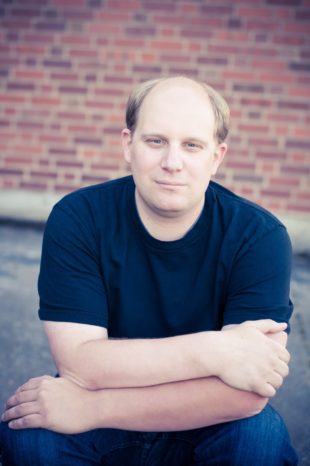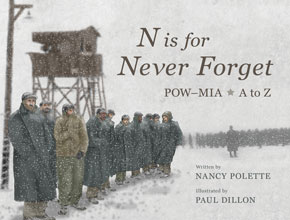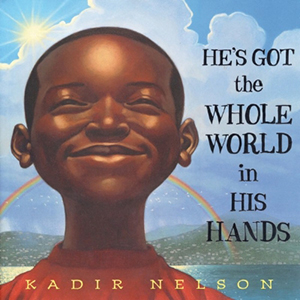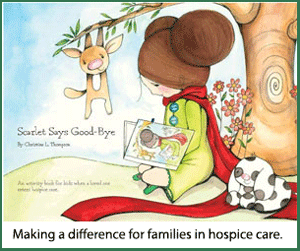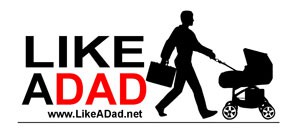“Is there anybody that is beyond redemption? My answer is: No,” says Bryan Bliss, author of the newly-released (May 2018) young adult novel We’ll Fly Away.
The book is about a teenager on death row, and how he got there. Not your typical light-hearted escapism or inspiring dystopian YA literature. But that’s nothing new for Bryan—his first two books tackle deep, challenging topics too. His first book, No Parking at the End Times focuses on fanatical religion and homelessness. Meet Me Here is about war and PTSD.
“I like books that take on topics that I find interesting, but also that I think a teenager will be able to pick up, read, and then have to contend with what the story is about. That’s the main reason We’ll Fly Away exists. I care about abolishing the death penalty a lot. And I’ve always wanted to write about it,” Bryan says.
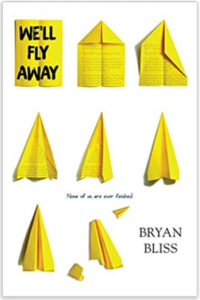 We’ll Fly Away is a difficult book to read. From the very beginning, you know Luke is guilty. He admits to it in his letters from prison to his best friend Toby. So you spend the rest of the book with this feeling of dread in the pit of your stomach wondering what happened to get him there.
We’ll Fly Away is a difficult book to read. From the very beginning, you know Luke is guilty. He admits to it in his letters from prison to his best friend Toby. So you spend the rest of the book with this feeling of dread in the pit of your stomach wondering what happened to get him there.
“That’s what whoever reads it has to contend with. We know that this guy is guilty. We know he did it. Especially you know what happens by the end of the book. That makes it even worse,” says Bryan. “Just like the epigraph, a quote by Sister Helen Perjean says: ‘It’s easy to forgive the innocent. It’s the guilty who test our morality.’”
When Bryan was a senior in high school in Hickory, North Carolina, where all of his books take place, he randomly picked up Sister Helen Prejean’s book Dead Man Walking, about her experience as a spiritual advisor to a death row inmate named Patrick Sonnier.
“It changed how I see the world completely… Specifically about the death penalty, but other ways too. It opened up this idea of social justice to me. My hope is that my book can do that too.”
From then on, Bryan had an academic interest in the ethics of the death penalty, but it wasn’t until he was fresh out of college that he was confronted by it again in a more personal way. Bryan worked as a reporter for his hometown newspaper back in Hickory, while his wife went to nursing school. He says he covered “cops and courts”—fires, car accidents, murders, robberies, and many other crimes, which he would often follow into the courts.
At one point, an execution was scheduled at the local prison. Local press was allowed a witness spot. Bryan’s editor told him to go.
“I was immediately like, ‘I don’t want do to this. This sounds terrible … I don’t agree with [the death penalty.]’ And my editor said, ‘Well, it’s also your job. So if you’re going to keep your job you’re going to it.’ So I went.”
Bryan was one of five official witnesses to the execution, plus the family of the victim and the family of the person being executed. He stood with the others behind a large, sound proof, glass window and watched as the man lay there on the gurney, turned his head and shouted his last words at the people behind the glass.
“He’s saying last things. Telling people that he loves them and all that. Asking for forgiveness from the victim’s family. It’s terrible,” Bryan recalls. “For the next 15 or 20 years I tried to figure out how to process this.”
So he went to seminary to study the Bible and theology. He became a youth director and worked with teenagers in churches. He also taught writing classes in prisons. He wrote letters with death row inmates.
“I always thought I would write something about it, but I tried to write nonfiction and it was hard to symbolize what it was. It was so personal. It’s hard to write it in a way for other people to feel it.”
When Bryan finally started writing fiction, he had this idea in the back of his head to write a novel about a teenager on death row. It helped him unlock how he felt about the death penalty and the people who were executed.
He knew he couldn’t just write an anti-death-penalty book. And he knew it had to be fiction, otherwise why would people care?
“The story has to be first and foremost the thing that happens. So when you care about Luke the main character, and care about Toby, by the time they get to the end of the book, they know who this kid is. Then they feel the injustice is real.”
Bryan wants kids—and all readers—to look beyond the “scary picture” of the convicted murderer that is broadcast by the press, and see everything that happened before that picture was taken.
“Then, once you see that picture, that person is still a real person and still a person that someone out there cares about,” Bryan says.
Bryan has a lot of empathy for people like Luke and Toby—kids from Hickory, North Carolina, where he lived as a young adult. He explains that this setting for We’ll Fly Away mirrors the characters. People are struggling, going through hard times, even as some are doing well.
“I grew up pretty poor and my wife grew up pretty poor. That was part of my upbringing. I was lucky that I didn’t grow up like any of these kids [in the book] grew up. I didn’t have abusive households. I didn’t really have to worry about food. But there’s that experience of growing up and feeling like an outsider,” says Bryan.
He spent most of his childhood (before moving to North Carolina) in a suburb of Chicago, in very wealthy neighborhoods. He says he was probably the poorest kid in the area, and the only kid who lived in a rented house and went to eight different schools because his family had to move around so much.
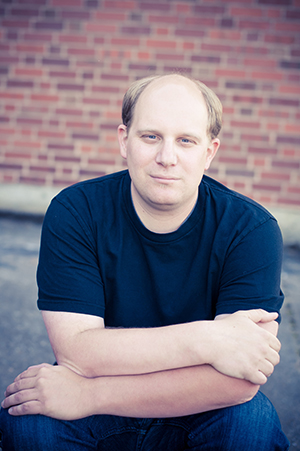 “That’s a huge part of why I write,” says Bryan. “That’s a fundamental point of view of mine and how I operate in the world—from theology, to the way I write, to the way I do everything.”
“That’s a huge part of why I write,” says Bryan. “That’s a fundamental point of view of mine and how I operate in the world—from theology, to the way I write, to the way I do everything.”
Unlike many YA authors who write about kids going to boarding school, who have cell phones and fancy cars, Bryan likes to write about kids who come from backgrounds where food, money, and basic necessities are not a given. Bryan is trying to portray the lived experience of poverty for kids who are in that situation, because he believes it is important for kids to see themselves in books.
“It’s also for kids like my kids who are growing up with everything they want,” says Bryan. It’s a window into a different experience to make them think more critically and have more compassion for people in rough circumstances.
Which brings us back to the death penalty.
“I get why we do this and why we think it’s important. But at some point you have to ask, do you actually believe that people can’t change after 20 years? That people cannot get better, cannot grow or be put outside of their circumstances?”
That’s why Bryan wrote We’ll Fly Away centered around two teen boys from really dysfunctional families—poverty, child abuse, substance abuse, and mental health issues all come into play in this story. These are the types of circumstances that people on death row have in common, Bryan explains.
“But when taken out of these circumstances and put in prison, is there really no chance that people can’t change? Do they not still have value and worth?” Bryan wonders. “Of course! It doesn’t mean they’re going to be let out. But people are SO thirsty for justice. That’s where this conversation becomes very difficult. Justice almost always trumps empathy.”
With this book, Bryan is trying to create empathy out of a nuanced, complicated situation. He hopes that when teens read his book, they’ll be surprised by how they feel at the end. That they’ll have broken hearts, but “not in the romantic sense. Broken hearts in the justice sense.”
“I think that’s how books make a difference. I think that books can change how people think,” Bryan says. “That’s always the hope for a book, that it can hit the right kid at exactly the right time and they can take it into something else. They might forget about the book itself, but it might propel them into a different way of thinking or cause them to turn their head just a little bit and look at the world in a different way.”
Naomi Krueger is a children’s book editor, freelance writer, and book lover. She lives in Saint Paul, Minnesota, with her family.
This article was first published June 2018.
UPDATE September 2018: We’ll Fly Away has been named to the US National Book Award long list! Congratulations Bryan!

